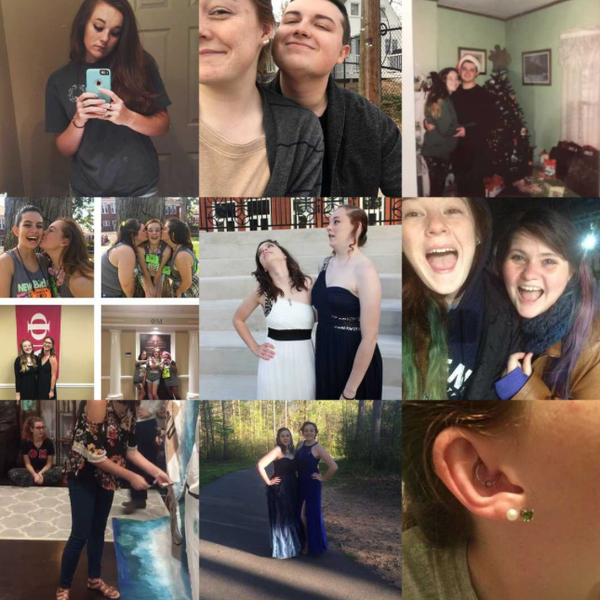September is National Suicide Awareness Month. September 10th is National Suicide Prevention Day. Having fought my own battles, this is a topic that is near and dear to me. It's time we all start talking.
The American Foundation for Suicide Prevention (AFSP) has some terrifying statistics. Suicide is the 10th leading cause of death in the United States, with the highest rates being older people. There are, on average, nearly 120 suicides each day. And for every successful attempt, 25 more have tried. That's close to 3,000 people each day attempting, and unfortunately sometimes succeeding. Those statistics are terrifying.
With the topic of mental illness and suicide still being taboo it's often times hard to reach out. In other cases, services just aren't readily available. Both of which need to change.
In February, it will be three years since my last attempt. I can tell you that leading up to my attempt I was hurting so incredibly bad, but I didn't think anyone would understand. Everything that I had been dealing with I felt like I had to alone. No one wanted to hear about it and I couldn't handle being treated differently.
People often think that suicide is the easy way out, but I can promise you, there's nothing easy about it. People don't just make the decision on a whim. They don't just have a bad day and then take their own lives. They've fought. They've cried. They've been angry. They've tried everything they could think of because no one wants to be miserable. And then, often times, they tear themselves apart with the decision.
These are people who need to be heard. They need to know that it's okay if they aren't okay, because you'll be there. You'll be there when everything is going wrong and they've been crying for hours. You'll be there to listen, honestly listen. You won't treat them differently or give them some platitude because you don't know what else to say. You don't need to say anything, you just need to acknowledge their pain. Make their pain valid.
As a "survivor" of suicide I can also tell you that after a failed attempt the healing isn't easy. A survivor of an attempt has to come to terms with the fact that they are still here, when they really didn't want to be. At times it feels like they've failed themselves. Almost as though adding insult to injury, they couldn't even do that right. And then there's the shame they may feel when others begin to find out. The judgment they feared prior to the attempt is only worse after surviving an attempt. People often treat you differently. Often, they just want to move on.
In order to change those terrifying statistics we have to start talking. We have to start being honest with ourselves and others. We have to start being more gentle. It's okay if you're not okay. It's more than okay. And it's okay to seek help - from family, friends, your faith, doctors, whatever it takes. It doesn't make you weak. I think it makes you stronger for admitting you need help.
Reach out to people. Genuinely care about how they're doing. If they're hurting, validate their pain, don't judge. You can save a life.





















